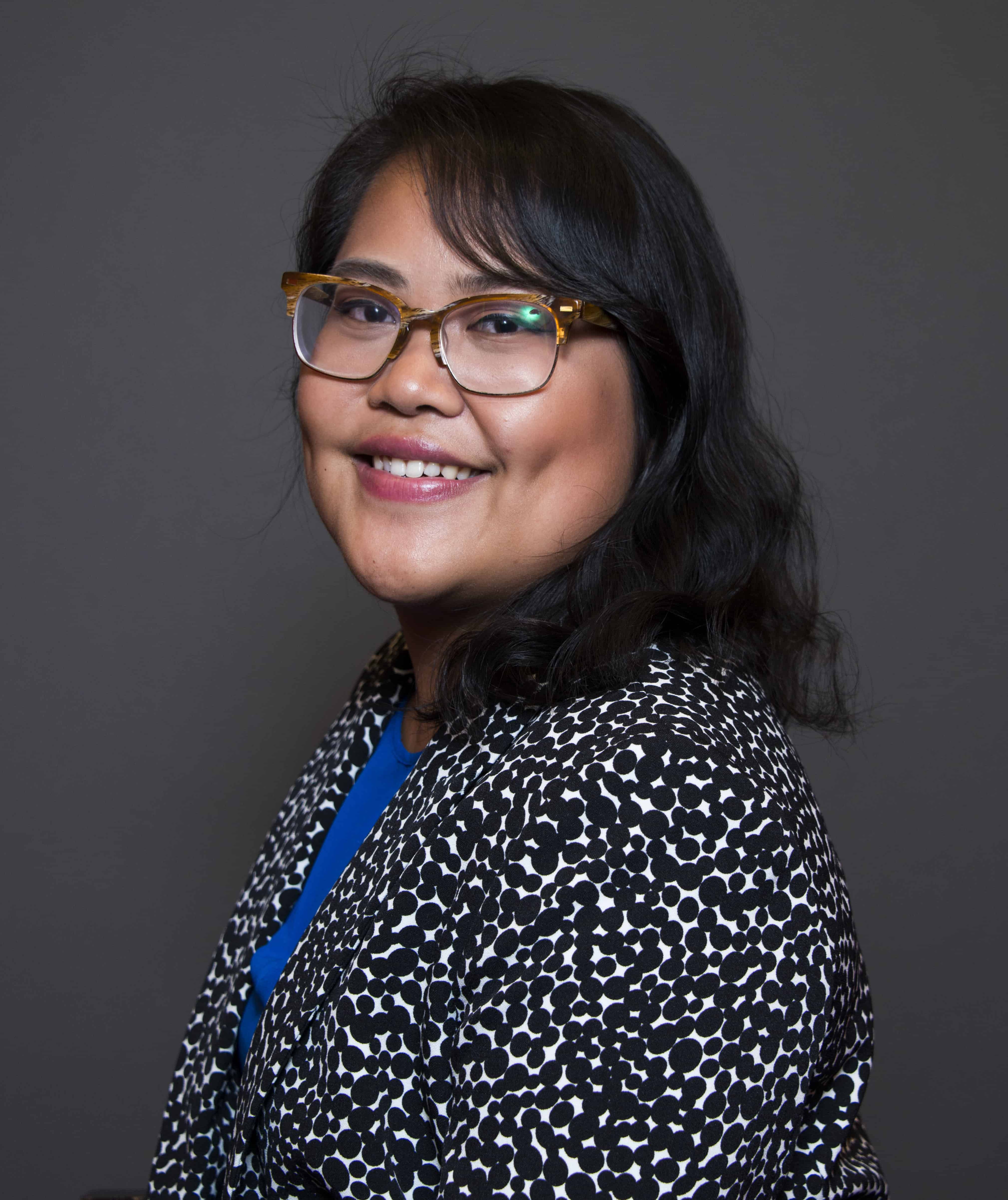Introduction
We’re continuing our series on reporters who have published powerful stories. This week, we’re featuring Wendi C. Thomas of MLK50. Thomas’s curiosity was first sparked by ProPublica reporter Paul Kiel’s investigation on medical debt and bankruptcy in Memphis. Using Memphis-specific data from Kiel and shoe-leather reporting, Thomas found that Methodist Le Bonheur Healthcare was suing its own low-wage employees and garnishing their pay for unpaid hospital bills. Thomas found sources while hanging out in court. One hospital housekeeper in the story was making $12 an hour and the hospital was suing her for $23,000. Her story forced the hospital to make major reforms.
What led you to pursue the story?
Sociologist Matt Desmond was one of my professors during my Nieman fellowship [at Harvard] and helped me synthesize my approach to covering inequality.
He asked: What if poverty isn’t an accident, but a robbery? He posed it as a rhetorical question, but the evidence is clear: There is enormous profit to be had at the bottom of the pyramid. Across the country, poverty rates are falling, but here rates are rising. Memphis is the second poorest large metro, and one in three African American residents live below the poverty line. If poverty is indeed a robbery, and I believe it is, then there are thieves and their names can be known. It is my job as a journalist to name names.
What were the challenges of reporting and how did you navigate them?
By far the hardest part was convincing defendants to talk to me on the record. I could easily find defendants in court, get them to give me their phone number in the hallway, and maybe do an interview that day by phone. But after that, the attrition rate was fierce! Many worried they’d lose their job (especially Methodist employees) or they didn’t want to be subjected to public scrutiny. Dozens and dozens just stopped returning voicemail messages, text messages and emails.
I started reporting this story in January. In the first few weeks, I’d found some cooperative defendants, but my editor wasn’t sure they were the right fit. So I kept looking.
I showed up on more doorsteps than I want to remember. I left my card and a handwritten note under countless windshield wipers. I’ve stuck rolled up letters in the decorative wrought iron detail on storm doors and pressed notes in the hands of relatives I knew wouldn’t relay the message.
After months of this, I was exhausted and convinced that the defendants who agreed to talk to me early on would be good fits. I persuaded my editor of the same and they ended up being perfect for the story, which had amazing impact.
The takeaway: Problems with inequality aren’t accidental. They’re part of the system.
Read more in Inside Public Integrity
Watchdog Q&A
Q&A: Sarah McClure on widespread sexual abuse in Amish communities
Copy, Paste, Legislate
Center for Public Integrity a Goldsmith Prize finalist
‘Copy, Paste, Legislate’ series — published in partnership with USA Today and the Arizona Republic — revealed special interests’ widespread use of ‘copycat legislation’

Join the conversation
Show Comments